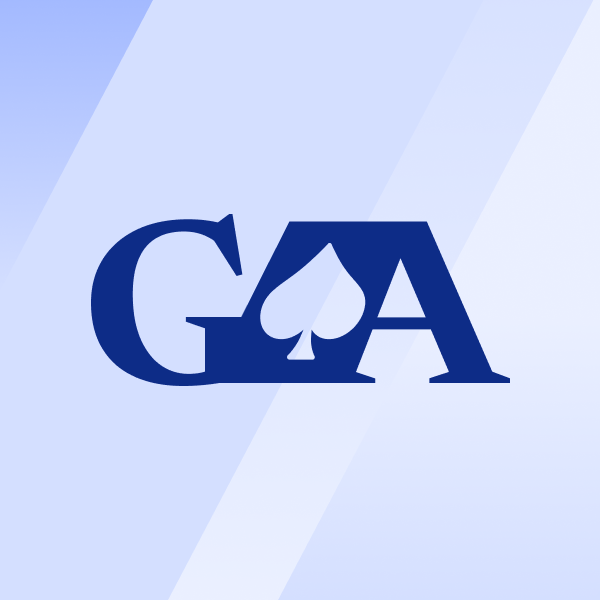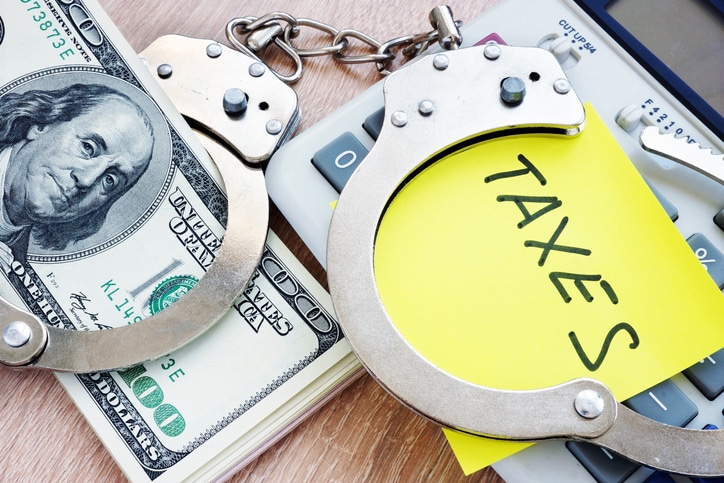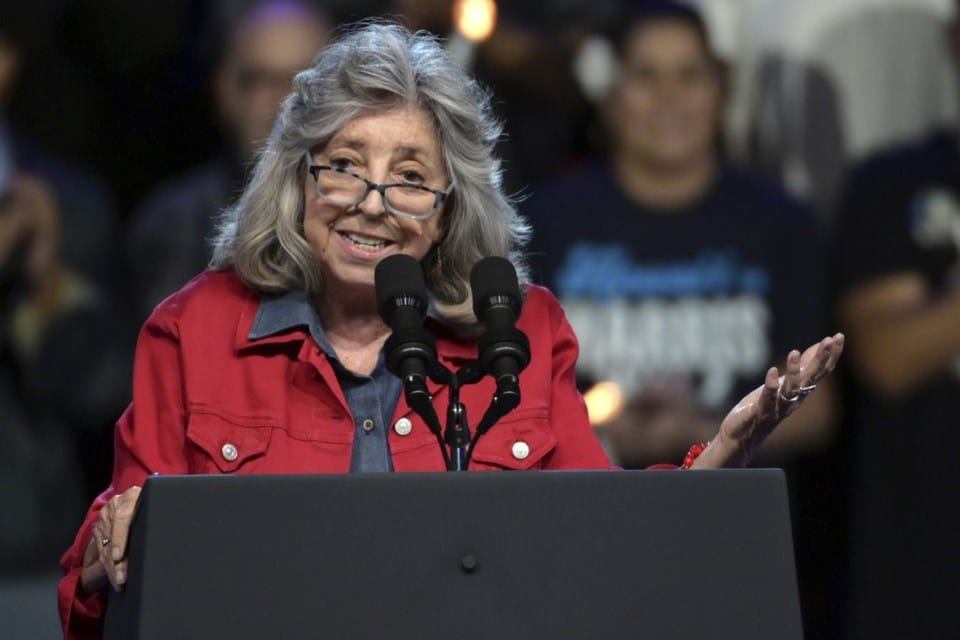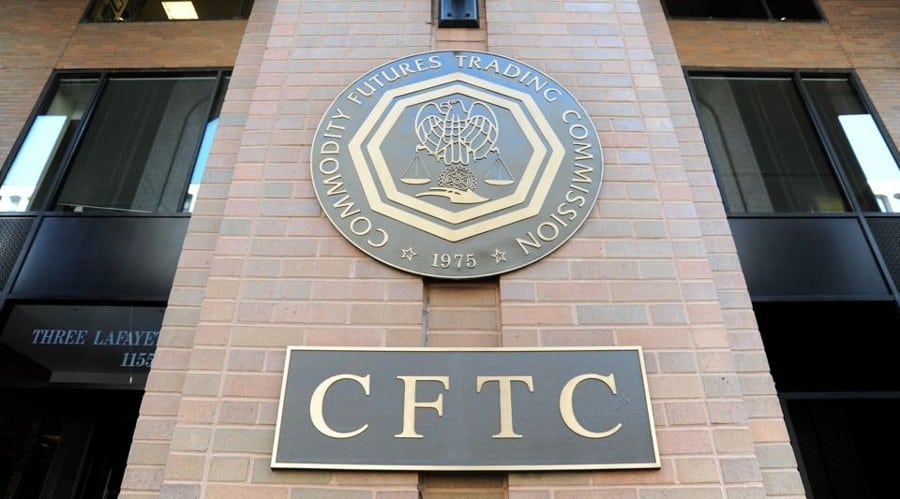
Q&A: NCPG’s Keith Whyte on self-exclusion – Does it truly work?
Self-exclusion works as a means to restrict people from gambling of their own volition. But how much does it really help and is it the best option to help combat problem gambling?
If people can unblock themselves from exclusion programs, or just go elsewhere to gamble, to what lengths does self-exclusion really work? Gaming America speaks to Keith Whyte, Executive Director at the National Council on Problem Gambling (NCPG) to find out more.
When discussing the efficacy of self-exclusion programs, Whyte states, “I think they do work and we’d certainly love to see more evidence. We need more published outcomes in reporting, not just from the exclusion companies themselves, but third-party reviews.
That’s a big missing gap. What’s the evidence base? How does this work? But, I think the other thing is that we put far too much weight on self-exclusion or self-exclusion apps in particular, when we need to conceptualize problem gambling as a public health issue. Then you realize the apps are just one tool or one layer.”
Whyte expands, “In the US, we place far too much emphasis on the individual excluding themselves. Even though there are all sorts of gaps and problems, and not nearly enough on the public health model, which says you should be doing prevention and education. You should be talking about this in families, in faith communities, in schools and then all of those layers then add up to make a protective system of which self-exclusion is a relatively small part.”
Lack of direction
Unlike the UK, Whyte says the US doesn’t have an equivalent to the likes of Gamstop (a charity to help those wanting to self-exclude from both mobile and land-based gaming). Instead, there are hundreds of different self-exclusion apps, most of which are standalone. “You could exclude yourself from one (app) a day and spend a whole year, and still not have reached all of the jurisdictions or all the operators or all the verticals in the US.”
The NCPG operates the National Problem Gambling Helpline. The helpline is a single national access point to local resources for those seeking advice on problem gambling, be it for themselves, or a friend/family member. The network consists of 28 contact centers that provide resources and referrals for all 50 states and US territories. The website states that help is available 24/7 and is 100% confidential.
“I would say it’s a great concept (self-exclusion) but, as it’s evolved, has become very consumer unfriendly. Consumers are looking for a single point of access. We’ve got one number that covers the entire US. You can call, text, or get referred to local resources. Self-exclusion is just the opposite. There’s no funnel. There are hundreds of different programs the consumer has to find on their own and exclude on their own. They all have different terms such as: length, jurisdictional, where they’re effective, how you can get off them if it’s not a lifetime exclusion, etc.”
Was treatment better 30 years ago?
Due to the advancement in technology, the way we deal with everything now is different. However, just because technology has advanced, it doesn’t mean strategies have advanced too. Whyte reflects on his experience in the industry over the years, “When we originally helped conceptualize self-exclusion in the late ’90s, it was a post-treatment program.
The theory was somebody who had a gambling problem received treatment from a professional counselor and then at the end of their treatment, if they had really stopped their gambling urges and were in a solid state of recovery, they could apply for exclusion as a means of relapse prevention – so they were literally in a better state of mind. They could make an informed decision about exclusion and, as a result, a lot less people breached.
So it’s no surprise that a ton of people breach because if you’re someone with a massive gambling problem, and your spouse catches you gambling, you go, ‘ok I’m going to exclude.’ But if you haven’t addressed the fundamental underlying gambling disorder, you’re much more likely to go back next day.”
The criminalization of self-exclusion
In the US, 100% of the burden is placed on the individual as most operators have no legal or regulatory obligations to honor the individual’s self-exclusion. This doesn’t mean to say the person self-excluding should have as little responsibility as possible, according to Whyte, but they shouldn’t have 100% of it.
Indeed, the NCPG chief claims there shouldn’t be an enforcement mechanism as that will deter people from seeking help or self-excluding. “In some ways, we have almost criminalized a mental health disorder because many of the self-exclusion penalties are criminal and so even though self-exclusion is a great concept, it still places the majority of the burden on the individual. It’s consumer-unfriendly in a lot of different ways.
Instead of getting help, you may go to jail. Instead of having a balanced approach to responsibility, the majority of responsibility is placed on the consumer and instead of having one funnel to hundreds of different programs, we have hundreds of different programs that have no common funnel. The National Council would like to help everyone do a lot better, but trying to get our arms around it is really difficult.”
The states can do more
According to the NCPG’s 2022 comparison report – in regards to what each state is doing to help tackle problem gambling – the likes of Pennsylvania and New Jersey appeared to be doing the most, while states like Delaware had very few objectives they were fulfilling when it came to helping combat problem gambling. This means that perhaps more control is in the states’ hands than the operators. “We’ve been at this since 1972. We’ve been urging the gambling industry to do better responsible gambling and by large they have.
The hard part has been getting the Government to follow best practices. Since 2015, we’ve had a set of internet responsible gambling best-practice standards. Out of the states that allow iGaming, only New Jersey has adopted those in regulation. Why didn’t Delaware? I don’t know.”
Large operators often upkeep global responsible gambling practices, even when they’re not required to, but the same can’t be said for the rest, according to Whyte. To verify operators’ responsible gambling efforts, the NCPG has created a verification system which is optional for operators but it still isn’t getting fully utilized. Whyte explains, “Leading operators – the Caesars and the Entains of the world – tell us that they do maintain those standards even when they’re not required, but a lot of their competitors don’t.
We even offer a third-party assessment; if you say, ‘Hey, look, I’m doing this voluntarily,’ the National Council will bring an audit or an evaluator in there, from a consumer-facing perspective, to say, ‘Yes, Company X in Delaware (for example), maintains the same high standards and we’ll bring our brand, our seal of approval.
So regulators, legislators, customers and competitors all know that Company X is maintaining the same high, responsible gambling standards voluntarily and I think that would be powerful. I think we’ve got a lot of credibility in this area. We just can’t get anybody to utilize our internet compliance assessment program (iCAP) in the iCasino space. Lots of lotteries do it. We’re seeing sports betting companies do it; we have seen others do it too.”
What can operators do?
As previously established, states and their regulators can do a lot more, but what more can operators do to help problem gamblers on their platforms? By utilizing data, Whyte hopes operators can detect markers of harm and provide appropriate messaging that will signal people away from high-risk behavior. Operators may be less inclined to do this if it puts a dent in their profits. However, Whyte thinks operators who look out for their customers will benefit more than those who don’t.
“There’s considerable evidence that the more responsible gambling tools you provide your customers, the better lifetime value they have. They’re less likely to exclude themselves. They’re less likely to go for bonus views or shop with other operators. They’re more likely to stay loyal to a company they feel cares about them and is not just trying to squeeze every single cent as fast as possible from them.
“There’s a lot of studies in Europe and we hope to see the same in the US. The customers who engage with RG tools have higher lifetime value for operators. So it’s not just the ethical case for responsible gambling, it’s the economic case too.”
There’s no ‘one-cures-all’ solution when it comes to addiction
Recovering from any addiction can be extremely difficult, especially when there’s little guidance on what to do to help aid recovery. But just like any other addiction – it all starts with admitting it to yourself and accepting that you need help. It’s just that everyone is different.
Having been in the industry for a long time, Whyte is well-versed in addiction behavior, “It all starts with making that first phone call. Saying ‘I need help, I can no longer do this on my own, so I need some help.’ We will help take you the rest of the way. You call text or chat or go on our website, and we’ll then get you the resources in your state. And for some people, that pathway may be spiritual. For some people, that pathway may be treatment – professional treatment and professional counseling. For some people, that pathway may be self-help groups. Some people recover on their own, so we just want to be that funnel.”
NCPG was contacted by 270,000 people last year who were seeking recovery from problem gambling. The charity informs the individual of the help they can receive as well as refers appropriate sources to them.
Whyte continues, “Self-exclusion can play a valuable role. I think we would just say, in general, we want to make sure a gambler is making an informed decision about their options, including self-exclusion, and that is difficult when they’re still in the throes of gambling addiction; and by definition they’re not thinking clearly. Everybody’s different. Maybe some people can exclude, and for some people it may be a really helpful thing to start them in their recovery, but other people may benefit by delaying self-exclusion.
“One of the biggest barriers to people getting help and staying in recovery is the lack of understanding and the shame and stigma surrounding gambling problems. The biggest thing we can do in the US is remove more of the shame and stigma attached to problem gambling. There are lots of tools; we have known for a long time how to deal with addictions in general.
“Gambling has some nuances, but by and large, it’s a lot like dealing with addiction to alcohol or other drugs. It’s more about helping people understand that problem gambling is a public health issue. It’s a preventable and treatable disorder that there’s hope and help and that gamblers aren’t just immoral, greedy, weak-willed criminals.
“If we can change public opinion, that’s going to help a lot more people feel a lot more comfortable seeking help when the help is there.”
In conclusion, overall it seems that– as an idea – self-exclusion apps work. However, in the US, the concept needs to be better executed. The tools are there but they aren’t transparent and self-exclusion itself is seen more criminally than as a recovery tool.
The root cause needs to be addressed before problem gamblers self-exclude or else they will most likely find themselves going around in circles. Environment is crucial to recovery and de-stigmatizing gambling is also vital for those wanting to seek help. The more people view problem gambling as a public health issue, according to Whyte, the more people will feel comfortable to step forward and ask for help.
Tags/Keywords
Players trust our reporting due to our commitment to unbiased and professional evaluations of the iGaming sector. We track hundreds of platforms and industry updates daily to ensure our news feed and leaderboards reflect the most recent market shifts. With nearly two decades of experience within iGaming, our team provides a wealth of expert knowledge. This long-standing expertise enables us to deliver thorough, reliable news and guidance to our readers.







